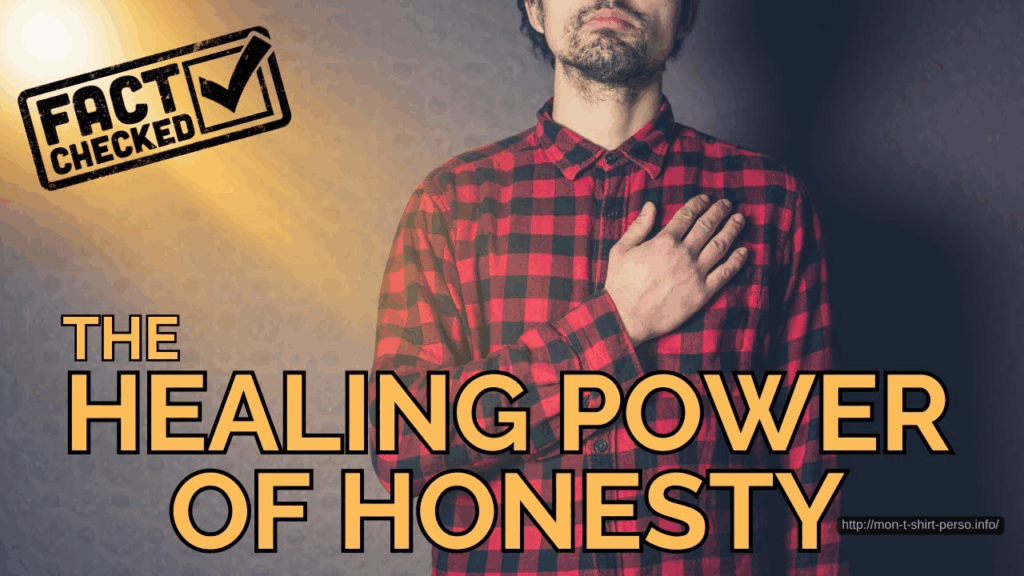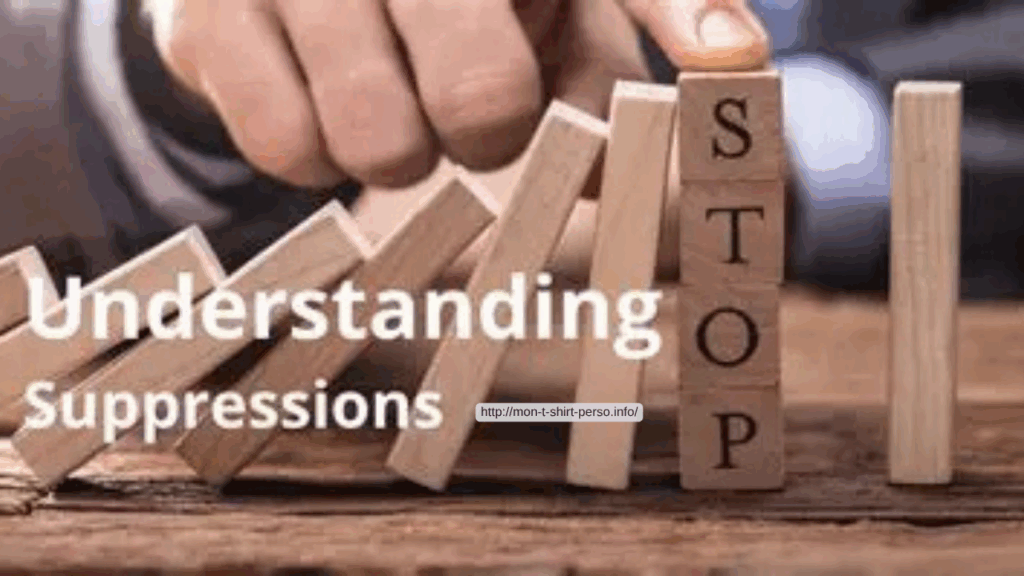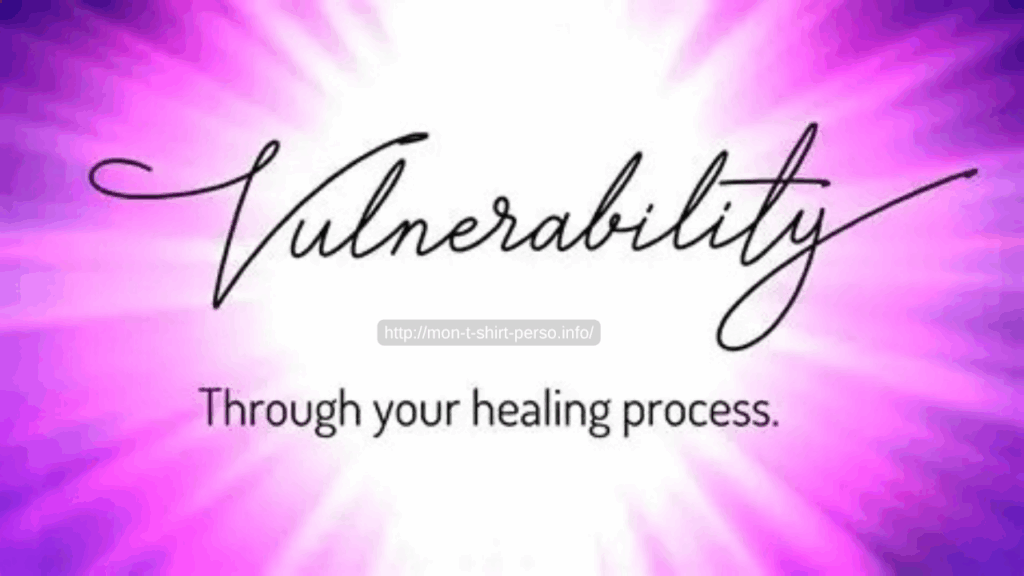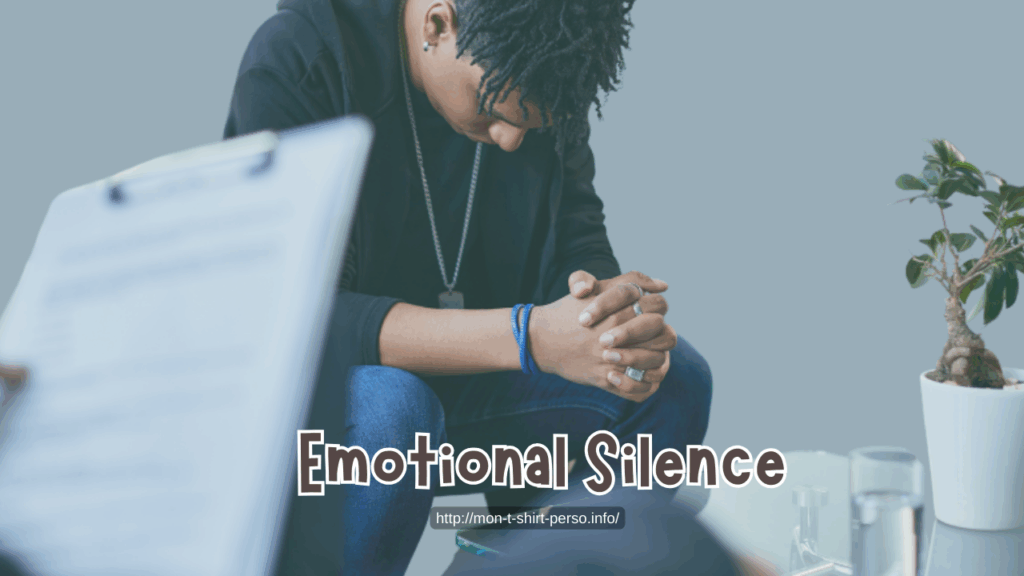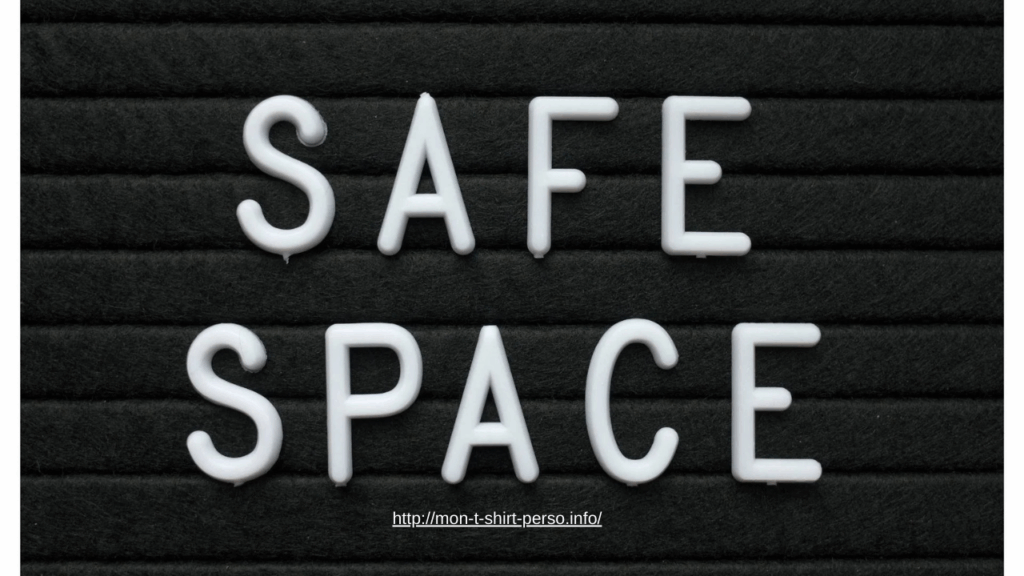Turning Awareness into Action
In the journey of recovery, every voice matters. Yet, for many individuals struggling with addiction or mental health challenges, fear, stigma, and shame can keep them silent. Cause-driven T-shirts offer a unique way to transform silence into statement. At mon-t-shirt-perso.info, each design is more than apparel—it is a tool for advocacy, connection, and hope. These T-shirts empower individuals to express their recovery journey, raise awareness, and foster a sense of community while promoting wellness.
The Power of Wearing a Message
T-shirts with meaningful statements allow individuals to communicate support, encouragement, and understanding without saying a word. They become conversation starters, symbols of resilience, and reminders that recovery is possible.
Breaking the Stigma of Addiction and Mental Health
Many people struggling with addiction or mental health issues experience isolation. Cause-driven T-shirts help reduce stigma by normalizing discussions around these topics. A shirt that reads “Recovery is Strength” or “Wellness Matters” signals understanding and solidarity, showing others that they are not alone.
Encouraging Open Dialogue
Wearing a message can inspire meaningful conversations. Someone may ask about the design, share their own experiences, or seek guidance. In this way, a simple T-shirt can create moments of connection that foster understanding and support in the recovery community.
Designing with Purpose and Compassion
At mon-t-shirt-perso.info, each shirt is thoughtfully designed to reflect hope, wellness, and recovery. The focus is on authenticity and compassion, ensuring that every message resonates with individuals and their support networks.
More Than Fashion, It’s Advocacy
These T-shirts are not just clothing. They are tools for awareness, giving wearers the confidence to express themselves while promoting education and understanding about recovery. Wearing these tees communicates that healing and wellness are priorities and that every story deserves recognition.
Supporting Emotional Well-Being
Cause-driven T-shirts serve as reminders that emotional wellness is vital. By expressing values such as resilience, courage, and hope, these shirts reinforce positive self-affirmations for individuals in recovery. They provide both inspiration and validation during challenging moments in the healing process.
Building Community Through Shared Messages
Recovery thrives in connection. Cause-driven T-shirts help foster community by linking individuals with similar values and experiences. They encourage inclusion, empathy, and mutual support.
From Personal Expression to Collective Impact
When someone wears a recovery-themed tee, they contribute to a broader conversation about mental health and addiction awareness. Every shirt worn helps normalize the conversation, showing society that recovery is a journey worthy of respect and attention.
Complementing Holistic Recovery Approaches
These T-shirts align with holistic and faith-based recovery approaches, reinforcing the importance of emotional, spiritual, and mental well-being. By wearing a positive message, individuals remind themselves and others that wellness encompasses more than just physical sobriety—it includes emotional and spiritual growth as well.
Wear Your Story, Inspire Hope
Cause-driven T-shirts are more than garments—they are instruments of change. They help transform silence into statement, raise awareness about addiction and mental health, and empower individuals on their recovery journey. Each tee serves as a visible reminder that healing is possible, support is available, and no one should walk the path of recovery alone.
At mon-t-shirt-perso.info, our mission is to combine style with purpose, creating apparel that inspires hope, encourages dialogue, and strengthens community. If you or someone you care about is seeking support, explore our collection today. Wear your story, share your message, and help foster a world where recovery and wellness are celebrated with compassion and courage.


